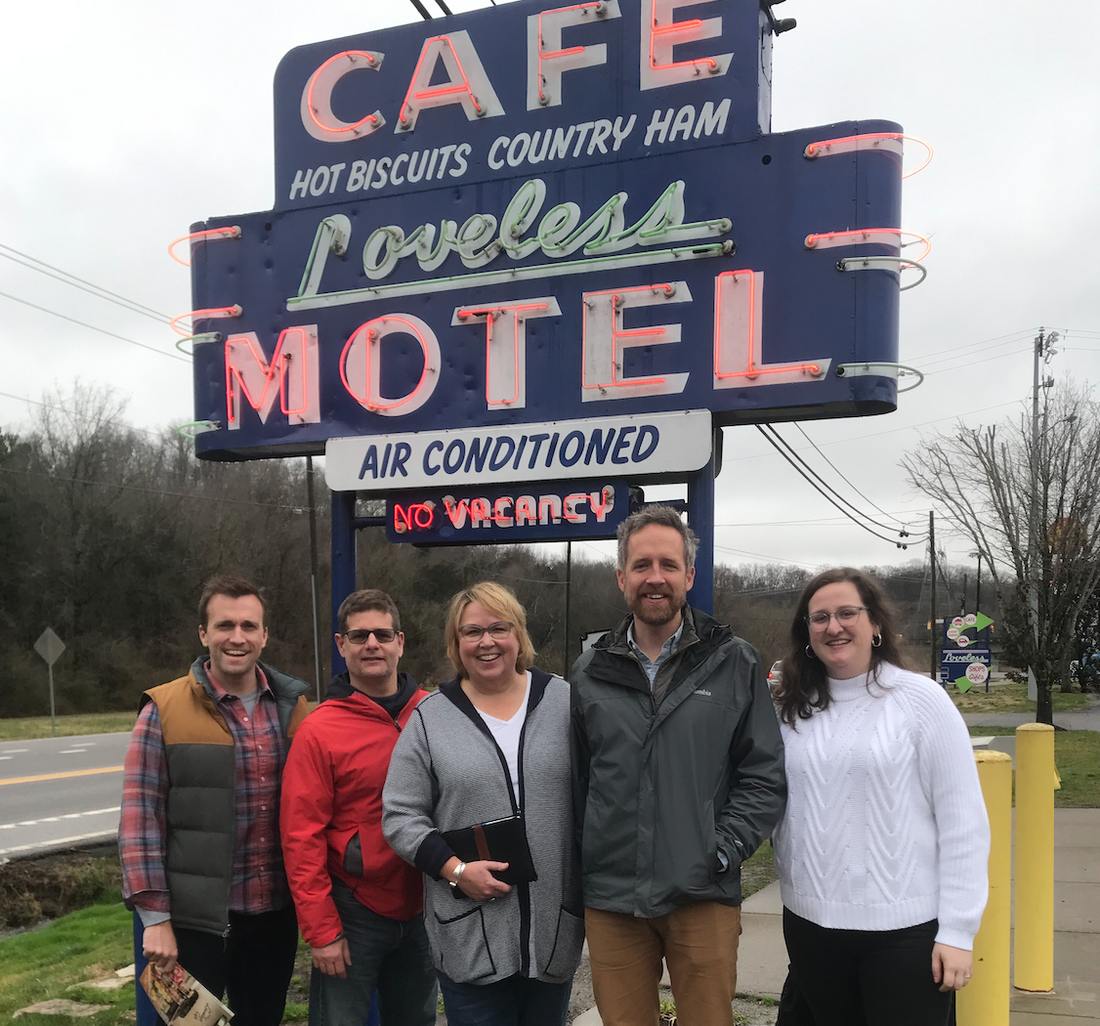
The Worst Thing is Not the Last Thing
Share
This chart grabbed me by the throat last week (courtesy of The Wall Street Journal and data from Yelp):
What alarmed me the most was to look back in time. In March, the temporary closure amount was so high and it felt so painful. Remember March? The month when everything started to shut down?
Look at the chart in mid-June, those temporary closures became permanent. And now, both keep climbing.
Back in March, our temporary closure felt like the worst thing imaginable. We had to quickly close our retail store with no idea of what it would reopen. Eventually, our temporary closure became permanent like it has for 100,000 other small businesses.
(By the way - if you think I'm overreacting and a "temporary" closure isn't a bad thing, then let me grab you by the throat temporarily.)
For years, the worst thing we could imagine for Batch would be that our retail store would have to abruptly close. We always assumed it would be something like a gas leak or unannounced, emergency repair work. We never thought about a pandemic.
But, in March, confronted with the worst thing and wondering: "Would this also be the last thing to happen to Batch?"
I remember three distinct conversations:
- On March 13 (of course it was a Friday) with Rob Williams, my co-founder, and Caroline Espy, our Retail Manager, about what things may look like if we had to close our store. We'd recently just reopened after a tornado and began to think about COVID's effects on our business. But we all concluded it probably wouldn't happen for a few weeks, if at all. (Spoiler alert, it happened 48 hours later.)
- The next week, Rob and I spoke via phone. He was out of town, watching restaurants and businesses close in Charleston. We decided we had to list all of our inventory immediately and offer discounts in order to move all we could, keep our team working, and help our vendors keep making and selling.
- Later that week, I spoke with Eric Rion of Willa's Shortbreads about the uncertainty in the small business world and how we could stay in business. The mood was somber and desperate, neither of us could fully reassure the other that success was even possible.
Spoiler alert: success would be possible.
Like many small businesses owners, we are refusing to let the worst thing (a global pandemic that shows no signs of stopping) become our last thing.
But it's not easy. Check out what the experts are saying this smart person said:
“This is the worst small-business crisis of my lifetime, and I’ve seen a number of tough moments,” says Karen G. Mills, senior fellow at Harvard Business School. “I’m quite concerned that we haven’t even seen the tip of the iceberg of business closures.”
This is why we have focused our sights beyond just selling gifts - we're on a mission to save small businesses (if you haven't yet, take the Small Business Pledge with us here).
Of course, I can only speak as one small business owner that operates solely in the retail and gift spaces. Restaurants face a harder road:
- Even at 25% capacity, restaurants in New York won't be able to make it work.
- On top of that, they'll have to rethink their entire business model for employees to be able to thrive.
- And with 100,000 restaurants closed so far, 40% of those that remain aren't sure they'll be around in six month.
We work with several restauranteurs who bottle or produce their sauces and seasonings. One of the most iconic, Loveless Cafe, shared some of their pandemic story with us:


